- News Front Page
- Uncategorized
- Headline News
- Filipino Calgarian
- Business
- Pinoy News
- Community News
- Publisher's Note
- Kuya Bong's Kusina
- Views and Opinions
- Maikling Kwento
- Alberta News
- OFW – Month
- Travel News
- Health and Lifestyle
- Pinoy Toons
- Pinoy Spirit
- Entertainment
- The Philippine Lawyer
- Horoscope
- Greetings
- Editorial
- About Us
- Greetings From the Prime Minister
- Greetings from the President of the Philippines
- Greetings from the Premier of Alberta
- Greetings from the Mayor of Calgary
- Advertise With Us
- Disclaimer
- Subscription
Publisher's Note
- Publisher’s Note
Belated Happy Labor Day to all. Colors are changing around us, a sign that summer is over and fall is here to stay for a while. My 13 year old daughter and my 5 year old son are very much excited that school will soon start. We have to make sure that our children are safe [...]
Visitors to Pinoytimes
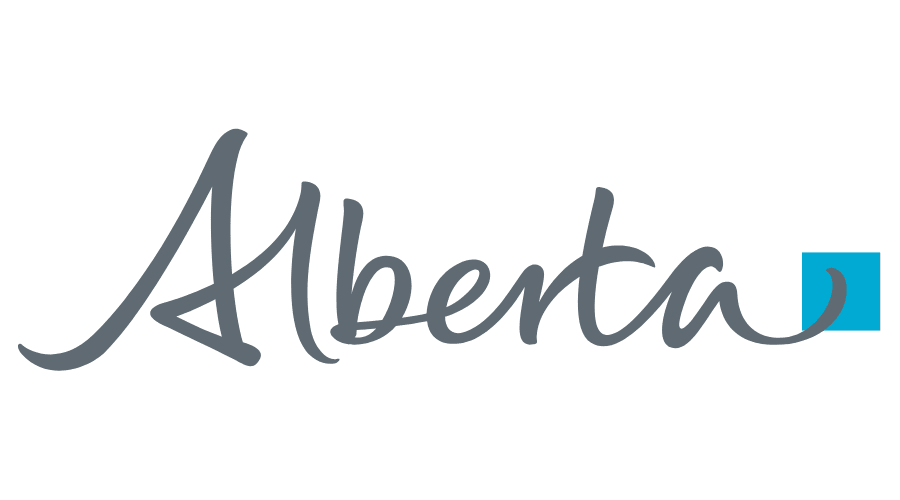
CMOH Letter to Parents
Dear Parents/Guardians of Alberta students: With the 2020-21 school year starting up, I wanted to reach out with a few reminders. ...
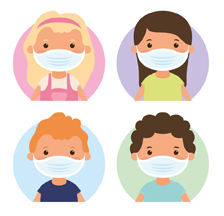 Kabilang na sa panukala sa kalusugan ng paaralan ang pag-suot ng mask o takip sa ilong at bibig
Kabilang na sa panukala sa kalusugan ng paaralan ang pag-suot ng mask o takip sa ilong at bibigBilang bahagi ng mga bagong hakbang para sa kaligtasan ng paaralan sa paglaban ng ...
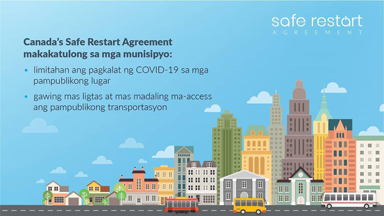 More support for Canadians through the Safe Restart Agreement
More support for Canadians through the Safe Restart AgreementAs we gradually restart the economy and take the initial steps to recover from ...
HAVE YOU READ?
FEATURES, VIEWS & REVIEWS

The Main Ingredient
Ingredients to satisfy most of our tastebuds
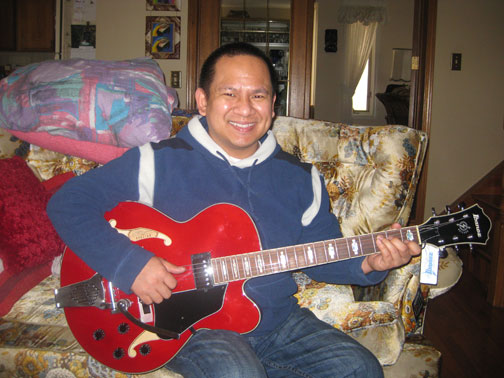
Views & Opinions
Different views and opinions

Maikling Kuwento Atbp
Short stories from our contributors
SUBSCRIBE TO OUR LATEST NEWS HEADLINES VIA EMAIL
- CAN A BUYER OF A PROPERTY UNDER A LEASE CONTRACT IGNORE THE OBLIGATION OF THE PREVIOUS OWNER?
- CAN A PERSON BE PREVENTED BY PRESCRIPTION (LAPSE OF TIME) FROM BRINGING AN ACTION TO ANNUL A FRAUDULENT TRANSACTION
- CAN FORMER FILIPINOS INHERIT LAND IN THE PHILIPPINES ?
- Kabilang na sa panukala sa kalusugan ng paaralan ang pag-suot ng mask o takip sa ilong at bibig
- Restoring balance in Alberta’s workplaces
- Canada is giving their essential workers a pay raise they ‘deserve’
OTHER TOP STORIES
- Canada Child Benefit is increasing again
- Foreign representatives now exempt from travel restrictions
- Alberta records two more deaths and 111 new cases of COVID-19
- Albertans can now access 20 million free, non-medical face masks to help prevent the spread of COVID-19
- House Committee of the Whole OKs bill giving ABS-CBN provisional franchise until October
- COVID-19 support for employers and employees
COMMUNITY NEWS
 New temporary public policy will allow visitors to apply for a work permit without having to leave Canada
New temporary public policy will allow visitors to apply for a work permit without having to leave Canada PH Consul General Congratulates Calgary-based Binhi ng Lahi for Showcasing Philippine Folk Dances
PH Consul General Congratulates Calgary-based Binhi ng Lahi for Showcasing Philippine Folk Dances Passport services in Canada resuming by mail and by appointment for travel in less than 30 days
Passport services in Canada resuming by mail and by appointment for travel in less than 30 days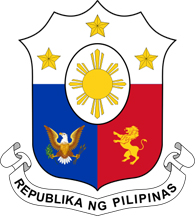 UNDER A “NEW NORMAL,” PCG IN CALGARY RESUMES PASSPORT SERVICES
UNDER A “NEW NORMAL,” PCG IN CALGARY RESUMES PASSPORT SERVICESPINOY STORIES
 Lawmakers slam ‘ridiculous’ MTRCB plan to censor Netflix
Lawmakers slam ‘ridiculous’ MTRCB plan to censor NetflixHAVE YOUR SAY
Lorem ipsum dolor sit amet, consectetur adipiscing elit, dolor sit ipsum.PROMOTIONAL BLOCK
Lorem ipsum dolor sit amet, consectetur adipiscing elit, dolor sit ipsum.TRAVEL NEWS
PINOY TOONS
Tags
Archives












